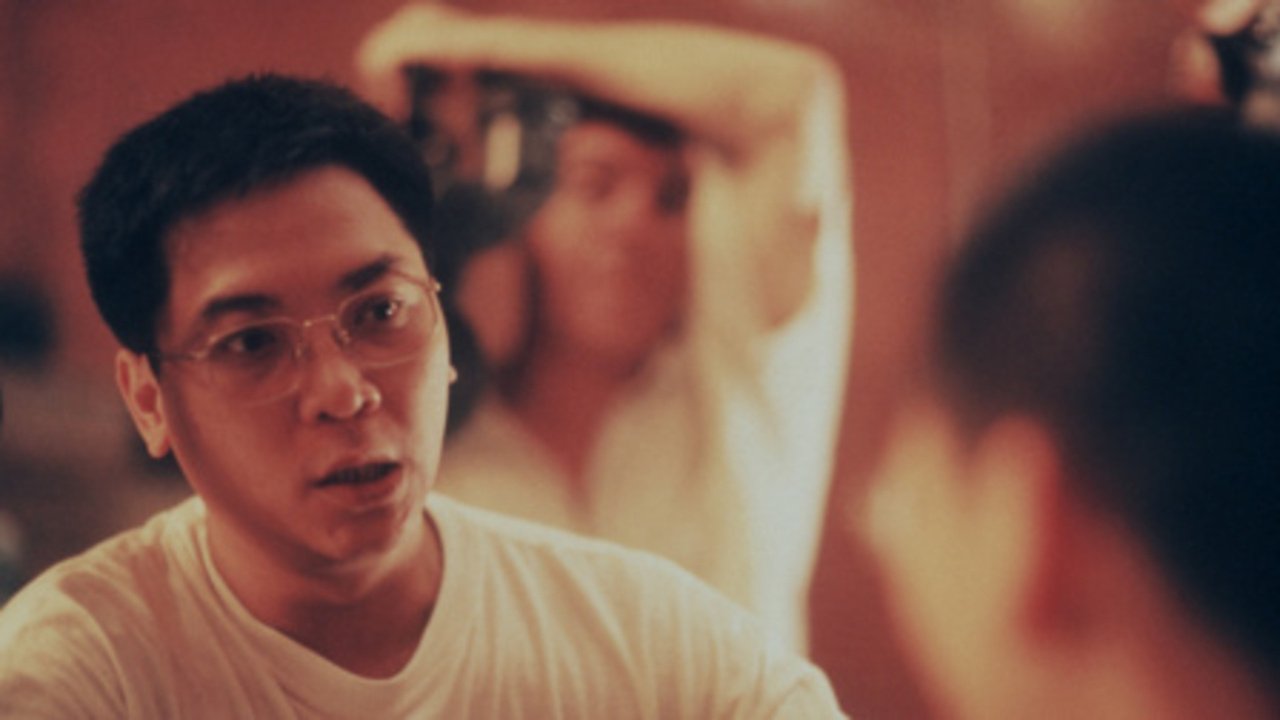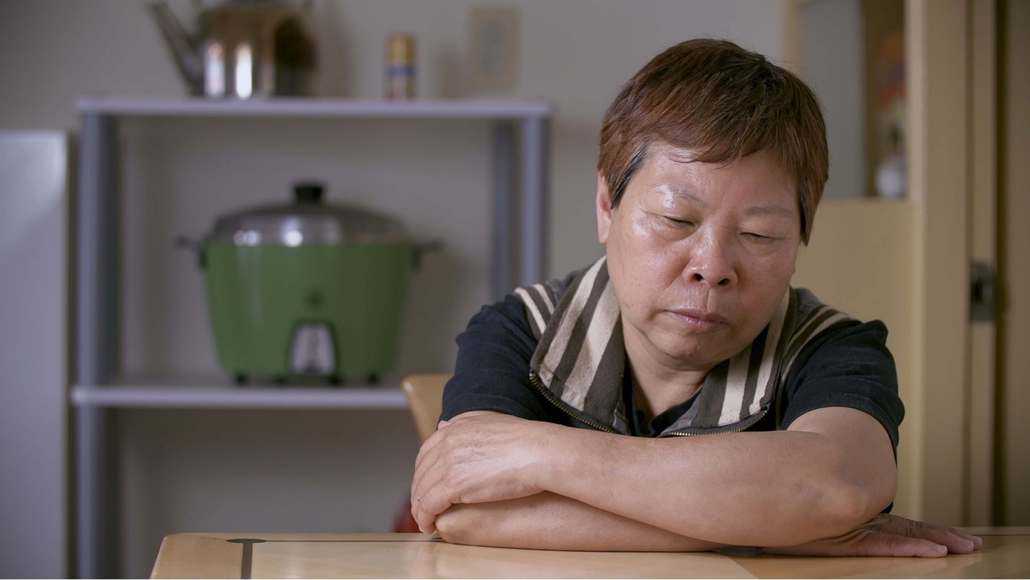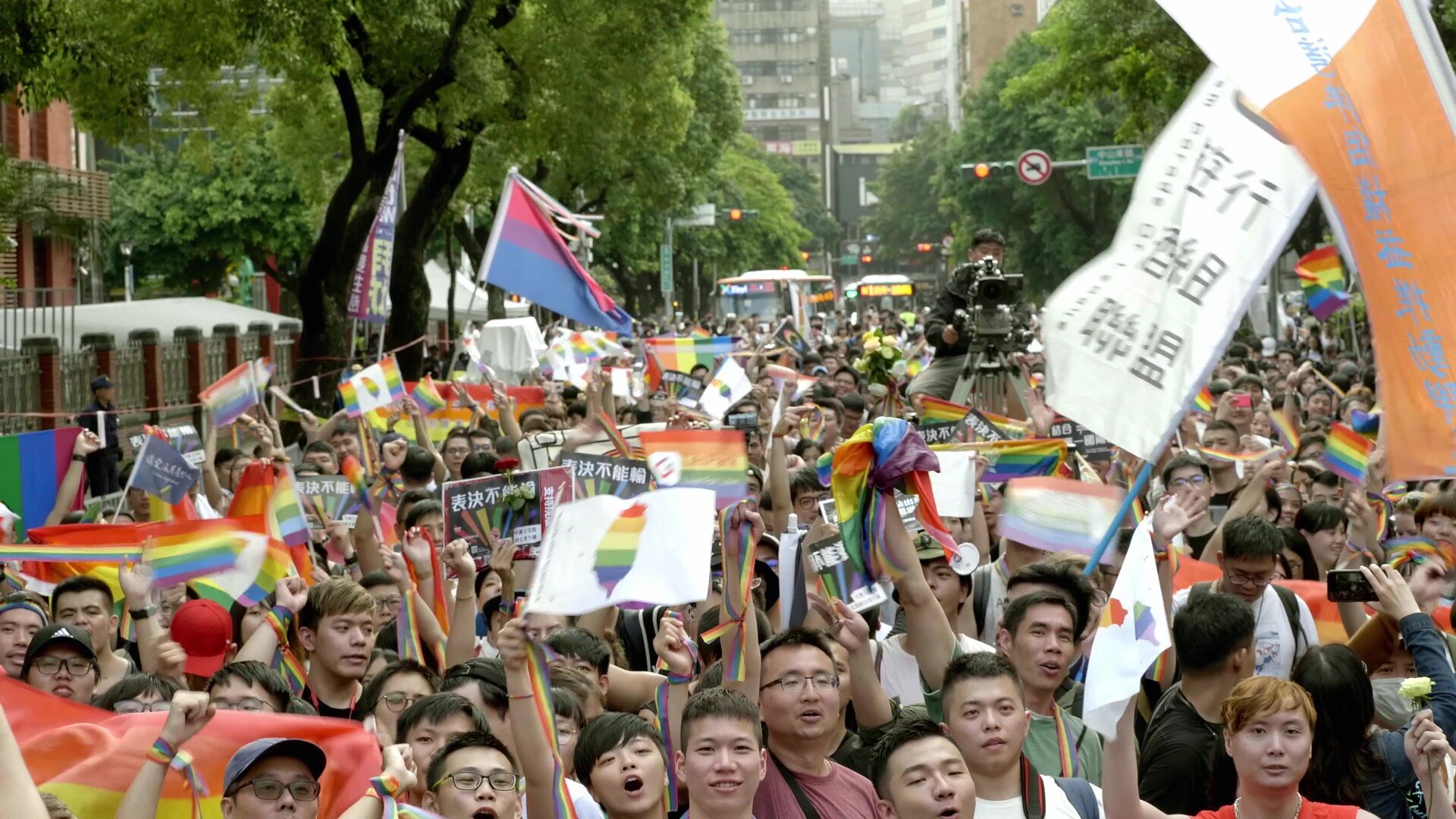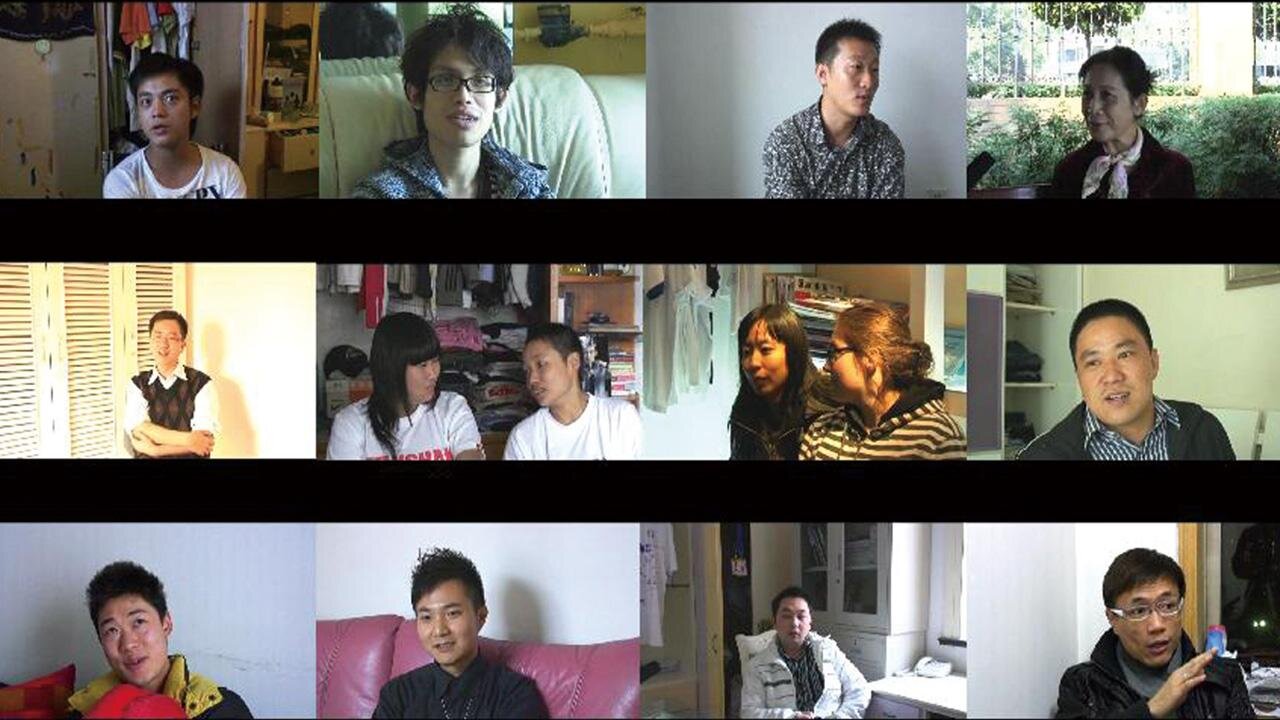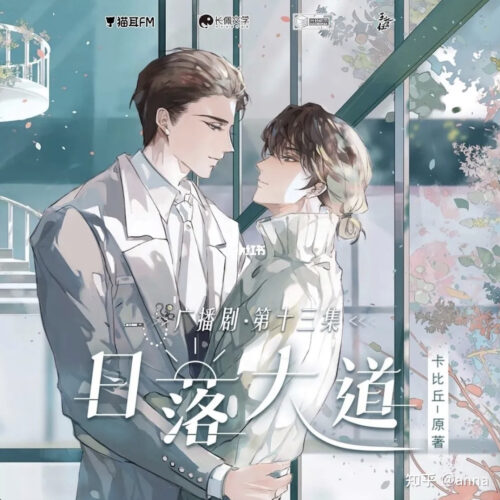5 streamable Chinese LGBTQ documentaries
Although more obscure than feature films, there are many thoughtful and compelling Chinese nonfiction movies featuring queer themes. Have a look.
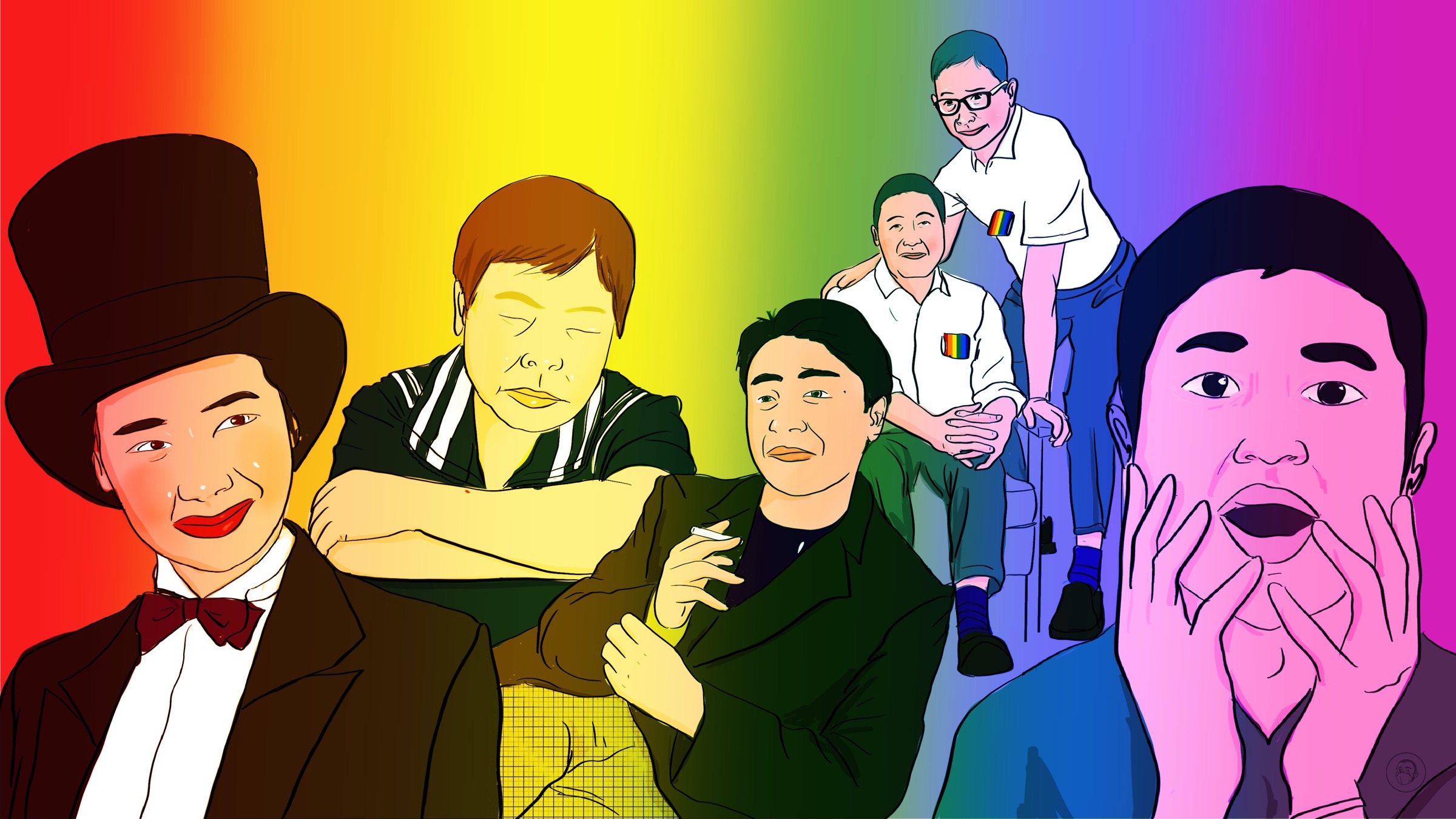
Since the 1990s, there have been quite a few Chinese-language LGBTQ films that have won critical acclaim. Farewell My Concubine and Happy Together are part of the canon of Chinese classics, while a wave of new Taiwanese films like Your Name Engraved Herein have attracted international attention through streaming services.
By comparison, documentaries from this part of the world aren’t as well-known or easily available, even though there are many thoughtful and compelling nonfiction films featuring queer themes. In honor of Pride Month, here’s a roundup of five noteworthy Chinese LGBTQ documentaries that you can stream right now.
![]()
1. Yang + Yin: Gender in Chinese Cinema
男生女相:华语电影之性别 nánshēng nǚ xiāng: huáyǔ diànyǐng zhī xìngbié (1996)
Dir. Stanley Kwan 关锦鹏 (Guān Jǐnpéng)
One out of a series of documentaries that the British Film Institute produced celebrating the history of cinema, Hong Kong director Stanley Kwan tells the story of Chinese-language film with a focus on gender roles and sexuality. Like Kwan’s experimental Ruǎn Língyù 阮玲玉 biopic Center Stage, Yang + Yin does whatever it wants, hopping in a nonlinear fashion across the 20th century and the film industries of China, Hong Kong, and Taiwan. Its six chapters include discourses on homoeroticism in martial arts flicks, crossdressing and lesbianism in Cantonese opera adaptations, and the relationships between famous Chinese directors and their fathers.
As a product of the ’90s, Yang + Yin was ahead of its time in its frankness about LGBTQ themes. Shaw Brothers Studio, once the titan of the Hong Kong film industry, refused to provide Kwan clips and excerpts from their movies. The interviewees who were comfortable enough to appear seem reserved or dismissive. It’s disappointing — although amusing — to see John Woo shrug off any gay undertones in the bromances A Better Tomorrow (英雄本色 yīngxióng běnsè) (1986) and The Killer (喋血双雄 diéxuè shuāng xióng) (1989). He suggests that “There may well be some (feelings), I’m not sure.” In another scene, Kwan asks director Chén Kǎigē 陈凯歌 why he toned down the gayness in Farewell My Concubine (霸王别姬 bà wáng bié jī) (1993), compared to the original novel. Chen replies that he didn’t see the story as primarily gay.
Kwan’s memories and confessions, shared throughout the film, add a personal, subjective touch. Between interviews with such luminaries as Hong Kong actor Leslie Cheung (张国荣 Zhāng Guóróng) and Taiwanese director Edward Yang (杨德昌 Yáng Déchāng), the highlight of the film is actually a conversation between Kwan and his mother. This scene was Kwan’s coming out to the world, and his supportive mom speaks more bravely than anyone else in the documentary. “People should do what they like doing,” she says about Kwan’s soft “women’s films” of the time, adding, “You can’t pay attention to what other people say.”
Stream Yang + Yin on BFI Player or watch it as an extra on Criterion’s new home video release of Stanley Kwan’s Rouge (1988).
2. Small Talk
日常对话 rìcháng duìhuà (2016)
Dir. Huang Hui-chen (黄惠侦 Huáng Huìzhēn)
After having a daughter in 2012, Huang Hui-chen pondered her relationship with her own mother. Huang, a social activist who’d just left her job, decided to revive an old film idea. For years, Huang had been shooting footage of her mom A-nu, asking questions about her life. Even though Huang grew up with A-nu, her mom remained a distant mystery. Why would a lesbian marry a straight man? Why would a woman who didn’t want kids have two daughters? Huang wasn’t even sure whether her mom loved her or not. Nearly 20 years in the making, Small Talk is an investigation of these questions.
Although mother and daughter still live together, Huang reflects at the start of the film, “We’re like strangers living under one roof.” A-nu likes to spend her days smoking, gambling, and hanging out with her friends. She was a Daoist priestess, and as a single mother, supported Huang and her sister by being a professional mourner. While Huang was forced to leave school early to help her mom, she never got to know A-nu, who preferred spending her free time with her girlfriends. Now that she’s a parent herself, Huang makes it clear to her mom that she wants to understand her.
Confronting A-nu with her past leads the two to her home village. Huang learns that her mom had a rough upbringing, with a suicidal mother and an arranged marriage with an abusive, violent man. Conversations with old lovers reveal a gentler, sweeter picture of a woman Huang thought was cold and careless. Finally, a talk with A-nu at the dinner table sparks a painful, cathartic conversation where Huang confides a dark secret. Small Talk proves itself to be a heartfelt search for answers about connection, forgiveness, and trauma.
Watch Small Talk on GagaooLala.
3. Taiwan Equals Love
同爱一家 tóng ài yījiā (2020)
Dir. Sophia Yan (颜卲璇 Yán Shàoxuán)
Released not long after Taiwan legalized same-sex marriage, Taiwan Equals Love chronicles the last few years leading up to that historic event in 2019. Against the debates surrounding marriage equality in Taiwan, the film follows three LGBTQ couples who all suffer in some way due to a lack of the legal protections guaranteed by marriage.
The first couple, Jovi and Mindy, have a daughter, but Mindy isn’t recognized as her mother because only straight individuals or couples could adopt at the time.
The second couple, Ho Hsiang and Wang Tien-Ming, have been together for more than 30 years. The men are in their golden years, with life growing more difficult. Ho’s memory is getting worse by the day, to the point that he can’t remember movies or friends he just met on the street. After Wang suffers a minor stroke, he wonders who will take care of his partner, since there’s no one else to support Ho.
The last couple is a pair of young businessmen named Gu and Shinchi. Gu is an immigrant from Macau, and his inability to marry Shinchi jeopardizes his right to stay in Taiwan.
While Taiwan was the first place in Asia to legalize same-sex marriage, the filmmakers don’t shy away from the fact that it was in the face of popular opposition. Taiwan Equals Love is a humane and heartwarming argument about a heated socio-political issue that isn’t settled.
Watch Taiwan Equals Love on GagaooLala.
4. Chinese Closet
柜族 guì zú (2010)
Dir. Fàn Pōpō 范坡坡
While mainland Chinese filmmakers haven’t had the freedom to speak very openly about LGBTQ topics, censorship and official disapproval haven’t prevented some from trying. Director Zhāng Yuán’s 张元 Miss Jin Xing (金星小姐 jīnxīng xiǎojiě) (2000) profiles a famous transgender celebrity and dancer, while Queer China, “Comrade” China (志同志 zhì tóngzhì) (2008) by gay activist Cuī Zi’ēn 崔子恩 documents the history of LGBTQ people in China over the 20th century. There’s also the work of Fan Popo, a filmmaker now based in Berlin whose documentaries have touched on family acceptance, marriage equality, and transgenderism.
Chinese Closet, Fan’s first feature-length documentary, is a collection of coming-out stories from gays and lesbians across China. Fan records these stories as they’re told, without nifty editing or props or music, giving it a casual, raw quality. Many mention the discrimination and fear they experienced after being honest with their loved ones. One man was fired from his job over his sexuality, and was then beaten and threatened by his father with a kitchen knife. Another interviewee was picked up by police for simply standing by a public bathroom. He was charged with “hooliganism” and detained for a week.
Although the confessions are sometimes bleak, they also emphasize the empowerment and positivity from coming out. There are quite a few mothers or fathers who learn to quit their crying and embrace their kids. Wú Yòujiān 吴幼坚, a mother who cofounded China’s first LGBTQ NGO, is interviewed about her son’s coming out and how her organization helps educate parents. Fan Popo would explore parental acceptance and love further in Mama Rainbow (彩虹伴我心 cǎihóng bàn wǒ xīn) (2012) and Papa Rainbow (彩虹伴我行 cǎihóng bàn wǒ xíng) (2016), a pair of documentaries about the mothers and fathers of LGBTQ people.
Watch Chinese Closet on Montage.
5. Leslie Cheung & Hong Kong LGBT Cinema
(2022)
Dir. Yang Zhang
Under the moniker “Accented Cinema,” Chinese-Canadian critic and filmmaker Yang Zhang has put out some of the most insightful video essays available on YouTube about Chinese cinema, covering everything from how Stephen Chow nails telling jokes to showcasing the most embarrassing rip-offs from mainland Chinese film. With his essay “Leslie Cheung & Hong Kong LGBT Cinema,” Accented Cinema traces the roles of the legendary Leslie Cheung in Hong Kong films of the 1990s, noting the changes in his portrayal of queer characters over his career.
At the beginning of the decade, Accented Cinema notes that LGBTQ+ characters were treated as either “a funny mental illness” or “R-rated, taboo degeneracy.” Cheung’s part in the New Year comedy classic All’s Well, End’s Well (1992) is an unfortunate example of the former. While Cheung’s bisexuality wasn’t public knowledge at this point, there were already rumors that he was gay, and his character in All’s Well, End’s Well gives that impression until we learn that he believes he’s a biological woman. In the end, Cheung and a masculine female cousin are electrocuted and turned into a “normal” straight couple.
With his parts in Farewell My Concubine and Happy Together (春光乍洩 chūnguāng zhà xiè) (1997), Cheung and the Hong Kong film industry took a great step forward in portraying LGBTQ characters as actual human beings with nuance and feelings. Despite his devoted fans, reception wasn’t always kind — comedians at the Hong Kong Film Awards sneered that watching Happy Together would induce vomiting — but Cheung’s work paved the way for today’s thriving LGBTQ film scene in Hong Kong and Taiwan.
Also see:
